Advertisement
ChatGPT may still dominate the AI spotlight, but it's no longer alone in the arena. A quiet disruptor has entered the conversation — Claude 2 by Anthropic. Unlike typical ChatGPT alternatives that aim to mirror its style or ride its coattails, Claude 2 has its playbook. Designed with built-in principles that shape its responses, this chatbot offers a more measured, thoughtful tone that feels less performative and more aligned with real conversation. But what's it like to actually use Claude 2? Why are some users making the switch, and how does it compare to what is already familiar?
Claude 2 isn’t just another AI bot with a fancy name. It’s built by Anthropic, a startup founded by ex-OpenAI employees, and its core architecture revolves around something called “constitutional AI.” That’s a fancy way of saying Claude 2 was trained to behave according to specific guiding principles — essentially, a rulebook hardcoded into its brain. This gives it a different personality: less prone to overconfidence, more likely to ask clarifying questions, and often more grounded in tone.
Where ChatGPT can sometimes go off-script or lean into guesswork, Claude 2 tends to pause, assess, and respond in ways that feel deliberate. That makes it more predictable in long conversations. It also boasts a significantly larger context window — handling up to 100,000 tokens in a single chat. This allows it to read, remember, and respond to massive blocks of information without breaking flow. For example, a student could paste in a 40-page document and get a detailed summary without needing to chunk it into smaller parts.
Claude 2 also avoids distractions common in mainstream AI models. It doesn’t feel like it’s trying to impress. It focuses on precision and transparency, even if that means saying “I don’t know” more often. That honesty — while less flashy — builds trust with many users, especially those who use it for research, document review, or professional writing tasks.
Accessing Claude 2 is refreshingly straightforward. Visit the Claude AI site, sign in with an email, and start chatting. There’s no app download, no excessive sign-up process, and no hidden tech barrier. Once in, the interface is clean, distraction-free, and focused solely on the chat experience.
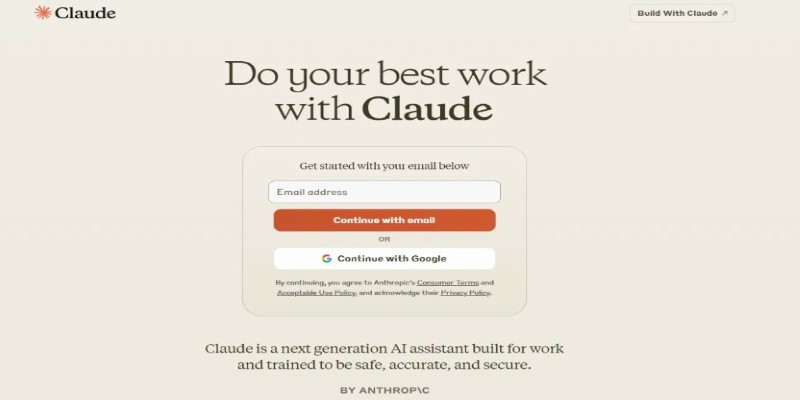
Users can immediately start asking questions, submitting documents, or prompting Claude 2 for tasks. It handles everything from casual questions to advanced coding, essay writing, or logical problem-solving. Its tone stays consistent, and its behavior doesn’t shift drastically mid-session. This makes it easier to build coherent, multi-step conversations over time — a weak spot for many other chatbots.
One notable difference is Claude’s reluctance to speculate. For example, if asked a vague or risky question, Claude 2 is more likely to ask for context or explain why it can’t offer a definitive response. Some may find this cautious, but others see it as a sign of reliability.
In practice, Claude 2 excels at reviewing documents, writing clear explanations, providing structured summaries, and organizing content in a digestible format. It's particularly useful for professionals who deal with large amounts of text, such as writers, editors, researchers, or educators. It may not yet be the go-to for flashy creative tasks, but for users who value accuracy and consistency, it offers serious advantages.
While ChatGPT has integrations across browsers, plugins, and even image generation tools, Claude 2 stays closer to its core mission — clean, productive conversations. It doesn’t branch out into app ecosystems or experiment with pop culture riffs. Instead, it focuses on depth over breadth. Ask it to summarize a 20-page white paper, and it will — without hallucinating. Feed it code, and it responds with clarity and precise logic. Request a comparison between two concepts, and it offers a side-by-side breakdown that feels curated, not copy-pasted.
When Claude 2 does creative work — such as poetry, fiction writing, or brainstorming — it keeps things tight and well-organized. It doesn’t ramble or default to vague metaphors. This has made it popular with users needing straightforward content: policy drafts, technical explanations, internal memos, and academic discussions.
Users report that Claude 2 feels less emotionally reactive than ChatGPT as well. It doesn't lean into empathy cues or overly personal language. Instead, it reads more like a calm advisor — helpful, concise, and not prone to hype. In a market where many AI tools blur the line between assistant and performer, Claude 2's restrained character makes it stand out.
Claude 2 isn’t trying to be the most exciting chatbot — it’s trying to be the most dependable one. And in many ways, it’s working. It may not have plugins, visual tools, or entertainment integrations (yet), but it delivers where it counts: long-form memory, structured replies, and low error margins.

Power users love its ability to handle dense documents or complex workflows without skipping a beat. Writers trust it to reorganize or co-edit long pieces without derailing the voice. Educators and students find value in how it summarizes dense academic texts into plain language. Developers appreciate its clean, well-commented code output. That kind of utility doesn’t need bells and whistles — just stability and clarity.
So, should users ditch ChatGPT entirely? Not necessarily. But Claude 2 deserves a seat at the table. It complements ChatGPT rather than competes with it head-on. Where ChatGPT might shine in creative bursts or wide-scale integrations, Claude 2 anchors itself in depth, care, and precision. And for those who deal in long thoughts, big texts, and layered ideas, that shift in focus might be exactly what’s been missing from the conversation.
Claude 2 doesn’t shout for attention. It doesn’t try to entertain or overwhelm. Instead, it quietly excels at serious tasks, long conversations, and structured content. It brings a new level of trust to AI interactions by focusing on principles and thoughtful responses over flash. For users looking to go beyond surface-level chats and into deeper collaboration, Claude 2 isn’t just a new name in AI — it’s a real alternative that might just be smarter where it matters most.

Discover the best places to see the Northern Lights in 2024. Our guide covers top locations and tips for witnessing this natural spectacle
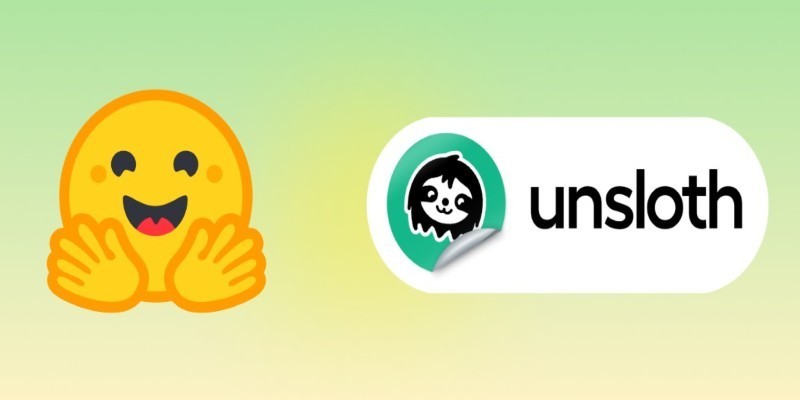
How Making LLMs Lighter with AutoGPTQ and Transformers helps reduce model size, speed up inference, and cut memory usage—all without major accuracy loss
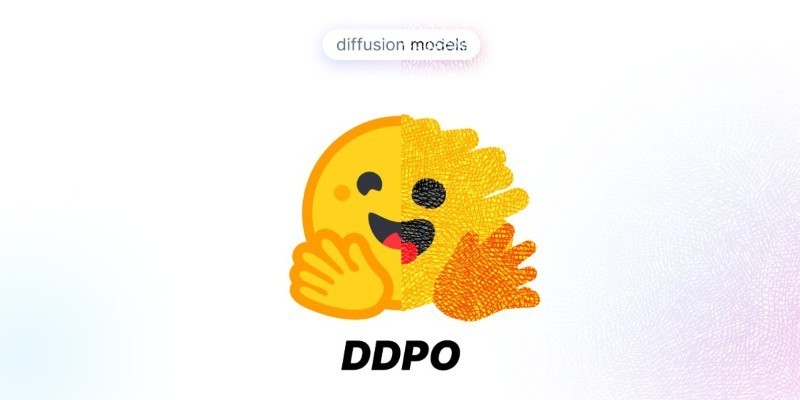
Discover the top ten tallest waterfalls in the world, each offering unique natural beauty and immense height
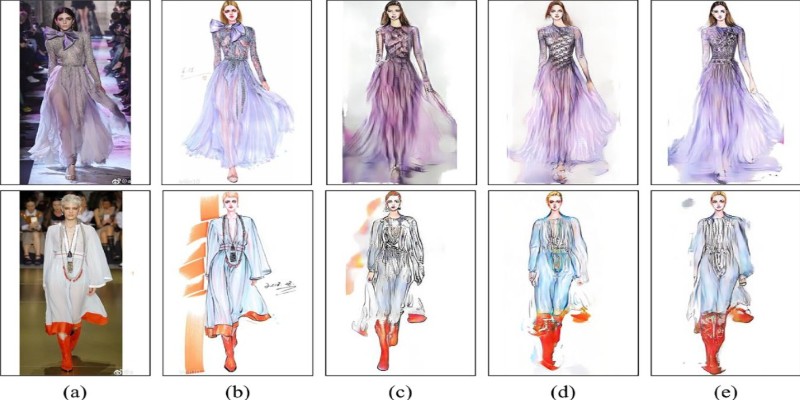
How GANs are revolutionizing fashion by generating high-quality design images, aiding trend forecasting, e-commerce visuals, and creative innovation in the industry
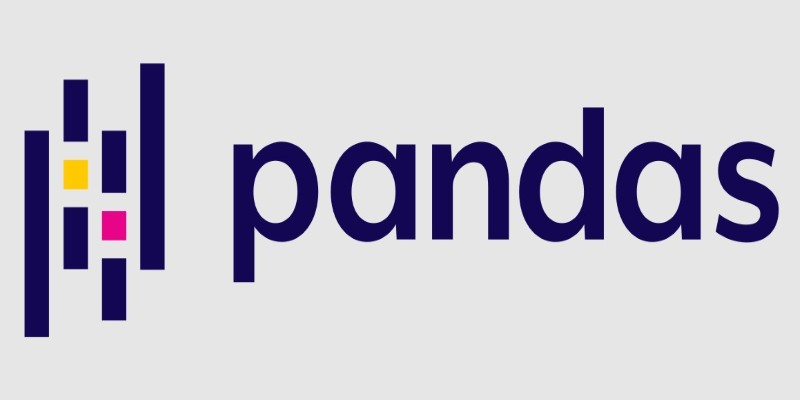
New to data in Python? Learn how to read, clean, and export CSV, Excel, JSON, and SQL formats using Pandas. A practical guide for beginners navigating real-world datasets

What data management is, why it matters, the different types involved, and how the data lifecycle plays a role in keeping business information accurate and usable

How Enterprise AI is transforming how large businesses operate by connecting data, systems, and people across departments for smarter decisions
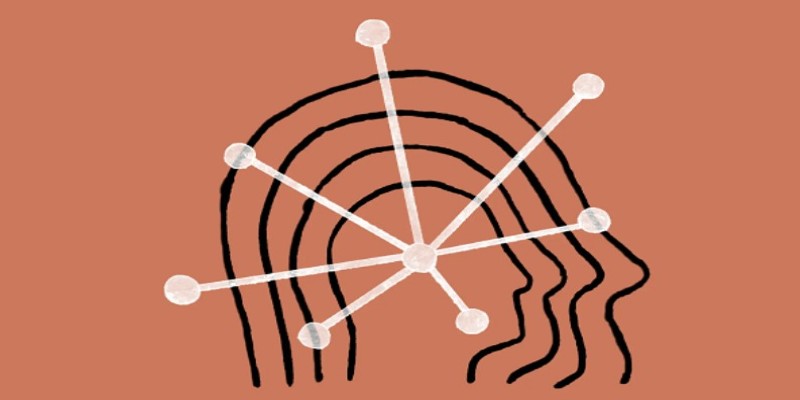
Is Claude 2 the AI chatbot upgrade users have been waiting for? Discover what makes this new tool different, smarter, and more focused than ChatGPT.
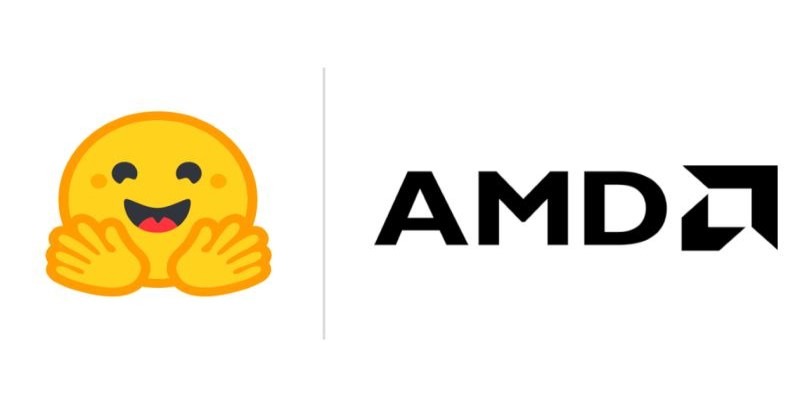
Discover five engaging and creative methods to teach your kids about saving money and instill essential financial literacy skills
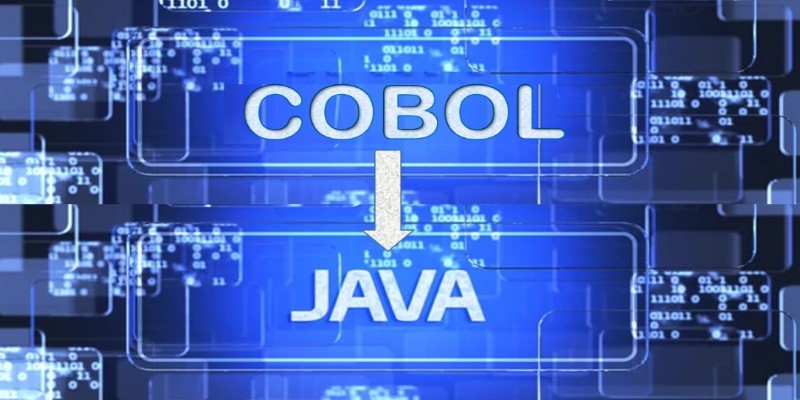
Can AI bridge decades of legacy code with modern languages? Explore how IBM’s generative AI is converting COBOL into Java—and what it means for enterprise tech
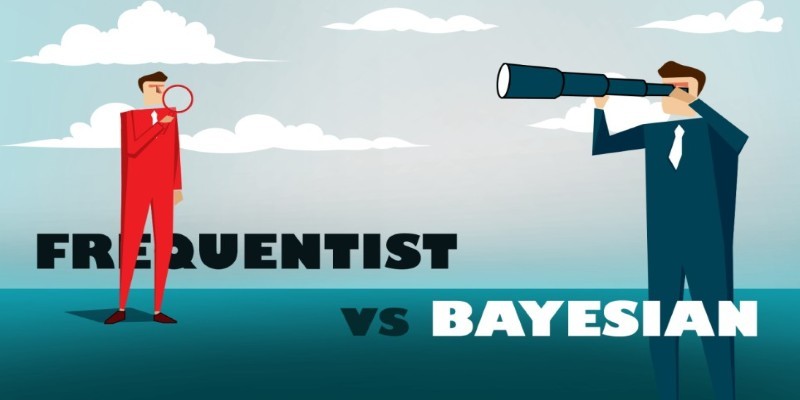
Explore the key differences between Frequentist vs Bayesian Statistics in data science. Learn how these two approaches impact modeling, estimation, and real-world decision-making
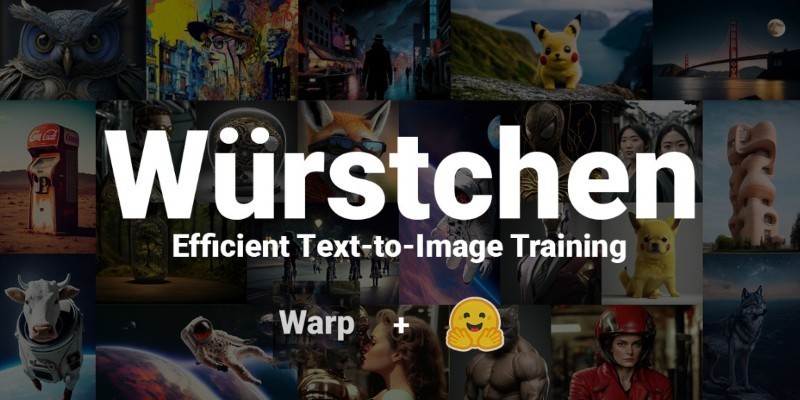
How Würstchen uses a compressed latent space to deliver fast diffusion for image generation, reducing compute while keeping quality high